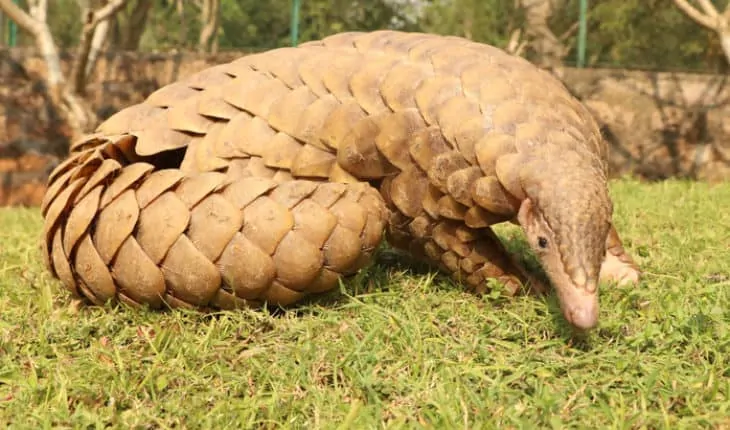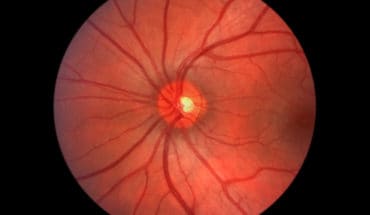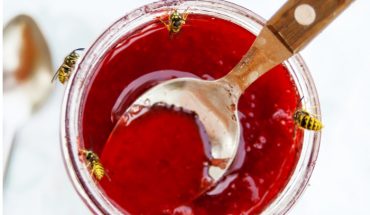While pangolins can be carriers of coronavirus, they appear able to tolerate it through some other unknown mechanism. The exotic animals lack two sensors that detect when a virus enters the body and trigger a – sometimes dangerously excessive – immune response in other mammals. Understanding how pangolins are able to survive coronavirus infections could help in the development of new treatment options for humans. The findings of a research team from the Medical University of Vienna were recently published in the journal “Frontiers in Immunology”.
Similar to how a smoke detector sets off a sprinkler system, certain genes sense when a virus enters the body and trigger an immune response in most mammals.
But, according to a recent study published in the journal “Frontiers in Immunology”, pangolins – insect-eating mammals whose bodies are covered with scales – lack two of these virus-sensing genes. This finding is significant because, while pangolins can be carriers of coronavirus and lack components of the conventional defence against it, they offset this by some other mechanism, which could be utilised biomedically.
Potential source of transmission to humans
Researchers focused on pangolins, because these exotic animals are suspected of being intermediate hosts to SARS-CoV-2, before the virus was transmitted to humans, ultimately giving rise to the current COVID-19 pandemic. Bats have also been identified as possible hosts of the novel coronavirus.
To identify differences in antiviral defense, the researchers analyzed the gene sequences of pangolins available in databases and compared them with other mammals, including humans, cats, dogs, and bats. These studies were carried out by genome researchers at the Center for Anatomy and Cell Biology and at the Department of Dermatology at the Medical University of Vienna.
“Our work shows that pangolins have survived through millions of years of evolution without a form of antiviral defence that is used by other mammals,” says study co-author Leopold Eckhart from the Department of Dermatology at the Medical University of Vienna. “Further studies of pangolins will uncover how they manage to survive viral infections, and this might help to devise new treatment strategies for people with viral infections.”
In humans, coronavirus can cause an inflammatory immune response called a cytokine storm, which then worsens outcomes. The authors suggest that pharmaceutical suppression of excessive immune responses could be a potential option for treating severe cases of COVID-19. “Our findings from basic research indicate that an overactivated immune system can be moderated,” explains Eckhart, “by reducing the intensity or changing the timing of the defence reaction. We suspect that the pangolin has found a mechanism that enables it to tolerate viral infections, preventing a harmful immune response while still controlling the virus in an, as yet, unknown way,” he says.
Exact mechanism not yet clear
While the study identified genetic differences between pangolins and other mammals, follow-up studies are still required to investigate the antiviral responses of these species in detail. The current findings are the result of an analysis of publicly accessible genetic databases. Since pandemics are usually caused by animal-to-human transmission of viruses or bacteria, comparative studies of animals are necessary in order to gain a better understanding of mechanisms of tolerance or resistance to infections.
The study offers a starting point for potential treatments, which do not directly target the new coronavirus but are aimed at a better control of the body’s response to the infection.
- Gut microbiome could delay onset of type 1 diabetes - 3rd April 2025
- The da Vinci 5 Robot Is Set To Transform Bariatric Care: - 31st March 2025
- Beyond money: the hidden drivers fuelling child food insecurity - 31st March 2025






